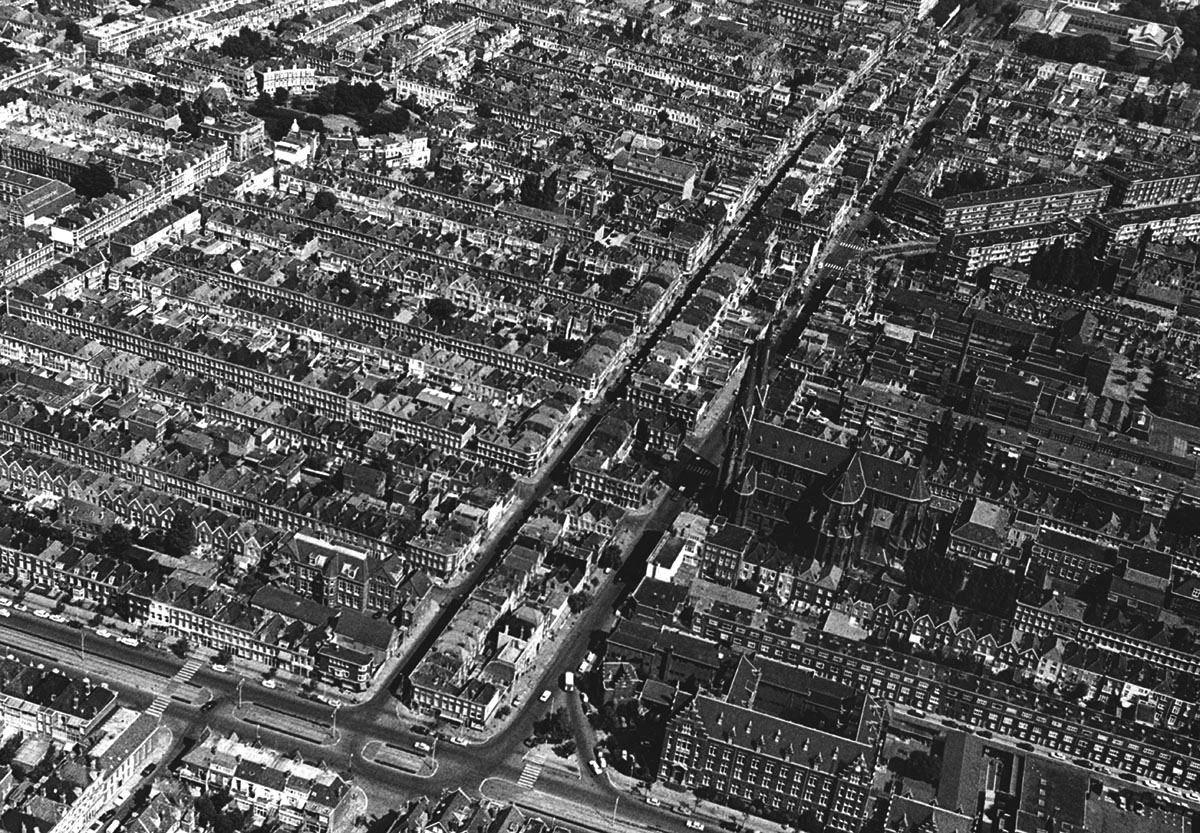Dutch Hybrid Neighbourhoods of 1860–1910 in Heat Transition: The Case Study of Zeeheldenkwartier in The Hague
DOI:
https://doi.org/10.47982/1mh.6Keywords:
hybrid neighbourhood, energy transition, heritage, The NetherlandsAbstract
This paper explores the typo-morphologic characteristics of late 19th century hybrid neighbourhoods in urban regions of The Netherlands and possibilities of a feasible climate neutral energy system in the future. The Zeeheldenkwartier neighbourhood in The Hague is used as a case study. Sustainable Development Goals (SDG) are involved to ensure access to affordable and clean energy (SDG 7) and make cities inclusive, safe, resilient and sustainable (SDG 11). With the 2019 Dutch-Climate-Agreement The Netherlands decided on a neighbourhood approach to the transition from natural gas to a climate neutral energy supply in buildings. Implicit homogeneity in most buildings of neighbourhoods is presupposed, in contrast to older neighbourhoods that were laid out before World War I. These are nowadays heterogenic, attractive, mixed and often protected neighbourhoods because of the quality of the architecture. Establishing a generic energy plan here is a challenge. The foremost important conclusion is the recognition of the architectural and urban quality and features of these kinds of neighbourhoods and to develop specific legislation and rules about insulation, service and energy systems. Another conclusion about the strategy is that one should not rely on a single generic solution but rather apply multiple forms of heat supply over a longer period of time. There is lack of heat and construction capacity. Box-in-box-renovation is best done when people are moving and the house is uninhabited. The tenants of a neighbourhood should oganise, not building owners, and implement legislation and framework for rental apartments. Insulation should be done to mandatory Energy Performance Certificate (EPC) label B or C, adding sound and energy production of heat pumps and district heating.
Downloads
Posted
License
Copyright (c) 2020 Leo Oorschot

This work is licensed under a Creative Commons Attribution 4.0 International License.
